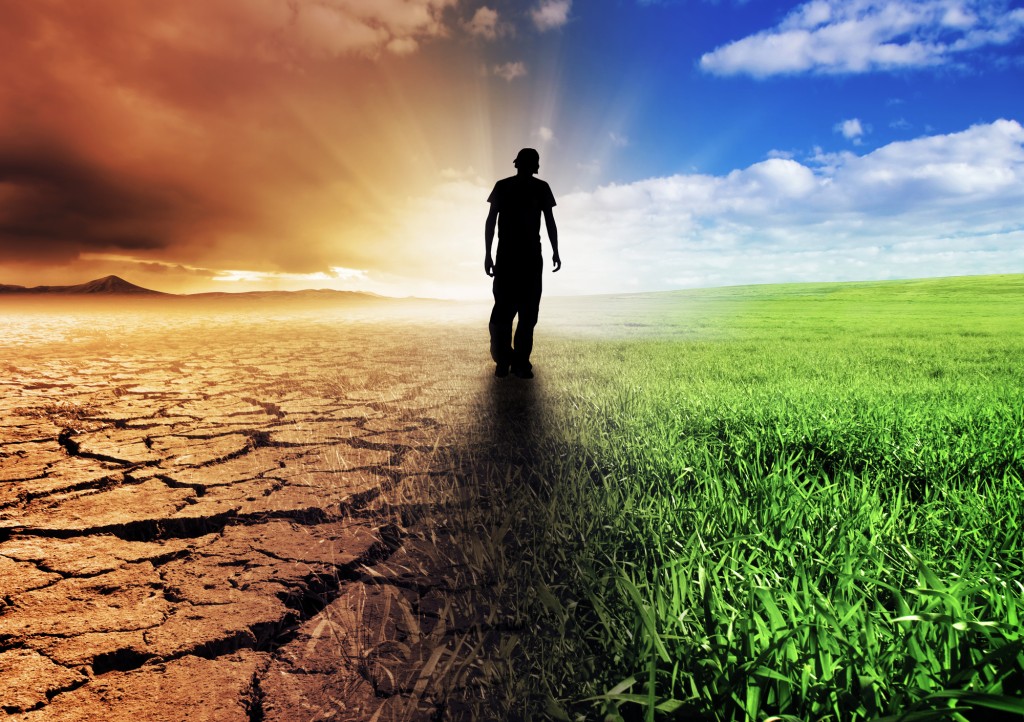
The Universe is organized chaos, thriving on ordered randomness.
Randomness allows for the diversification and survival of life, but it also can be a destroyer of life, as when we find ourselves in the path of a stray bullet, or an earthquake causes a building to collapse on us if we are in the wrong place at the wrong time. On the whole, however, ordered randomness has allowed for the emergence and flourishing of Life on this planet, providing a net benefit to Life, albeit at a cost to individual life forms along the way.
Ordered randomness determines which genes we receive from our parents, our parents themselves, our gifts and our vulnerabilities, where we are born, and what we encounter in our upbringing. Until we fully reach the age of Free Will in our early adulthood, we are completely at the mercy of what has been given us and what the World throws at us. We do not choose nor do we have control of where we are born. None of us chooses our genes. No on chooses their parents. No one chooses whether to be born into poverty and strife or into affluence. No one chooses the country to which they are born. From birth into our adolescence, we are all either the victims or beneficiaries of circumstance.
This realization calls for both gratitude for what we do have, for our lives, as well as humility, knowing that our talents, strengths, and gifts are a blessing that we did not choose or earn. We realize that, as our brains fully mature in our mid twenties, that there is really very little we have control over, with the exception of our actions, and even then we all act impulsively and unwisely at times, some of us more than others, and especially when we are in the grips of an addiction, which hijacks our free will.
For this reason, we should not judge others. If we were born with the same genes, raised by the same parents, raised in the same situation, and experienced the same sequence of events as they experienced during the course of their lives, we would act exactly as they act. Instead, we need to seek to understand. We should endeavor to know the context and all the contributing factors that went into influencing another person’s actions. Since understanding breeds compassion, we need to make an effort to deeply understand another person. This will transform our judgments to compassion.
We do well to remember that the line between criminals and saints is very thin. We all have egos that operate for our survival out of fear, generating anger, anxiety, and a self-preoccupation with meeting our own perceived survival needs, sometimes through violence, deceit, and exploitation. We have all experienced trauma to some degree, sometimes causing a deficit in our ability to love and be loved, and to experience mutuality and interdependence. We are all vulnerable to greed, selfishness, and urges to exploit or hurt others.
The self-righteous destroy life with their judgments, with cold hearts, a lack of understanding and empathy, and their focus on condemnation and punishment. Let us pray for their humility. May they see that they too have sinned.
When we judge others, we are secretly judging ourselves, as none of us leads a perfect life. There are no saints without a past, and no sinners without a future. We have all been inconsiderate, selfish, disregarding, and either consciously or unconsciously hurtful to others. We should keep this in mind whenever we find ourselves falling into judgment of others.
May we have compassion for those damaged by trauma, those cursed with a destructive character, crippled in their ability to love, those who live their lives from a place of fear and isolation, rather than a place of love and connection, always remembering that were in not for Grace or Circumstance, we could be exactly as they are. While we might abhor the “sin,” may we always have compassion for the “sinner.”
This does not mean we do not hold others accountable for their actions. We do. Most everyone, with the exception of those in the grip of a severe psychosis, dementia, or other neurological disability, have a choice. There is always the choice to do what is good, true, and right. We can choose to act with integrity. We can choose to ask for help, even when we are trapped in addiction. While we should not judge others, we should point out to them that they have a choice when it comes to their actions, and they are accountable for those choices. Thanks to Grace, and Resilience, almost all of us have the opportunity to improve our lives by asking for help and making the right choices.
